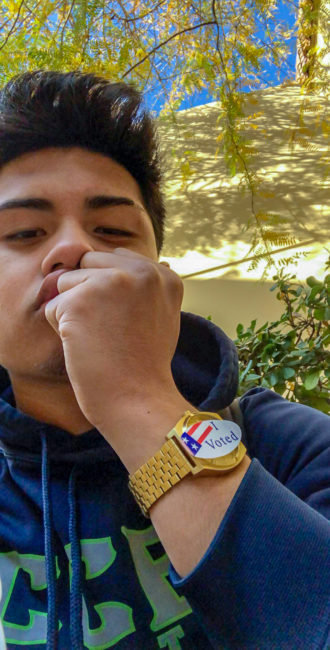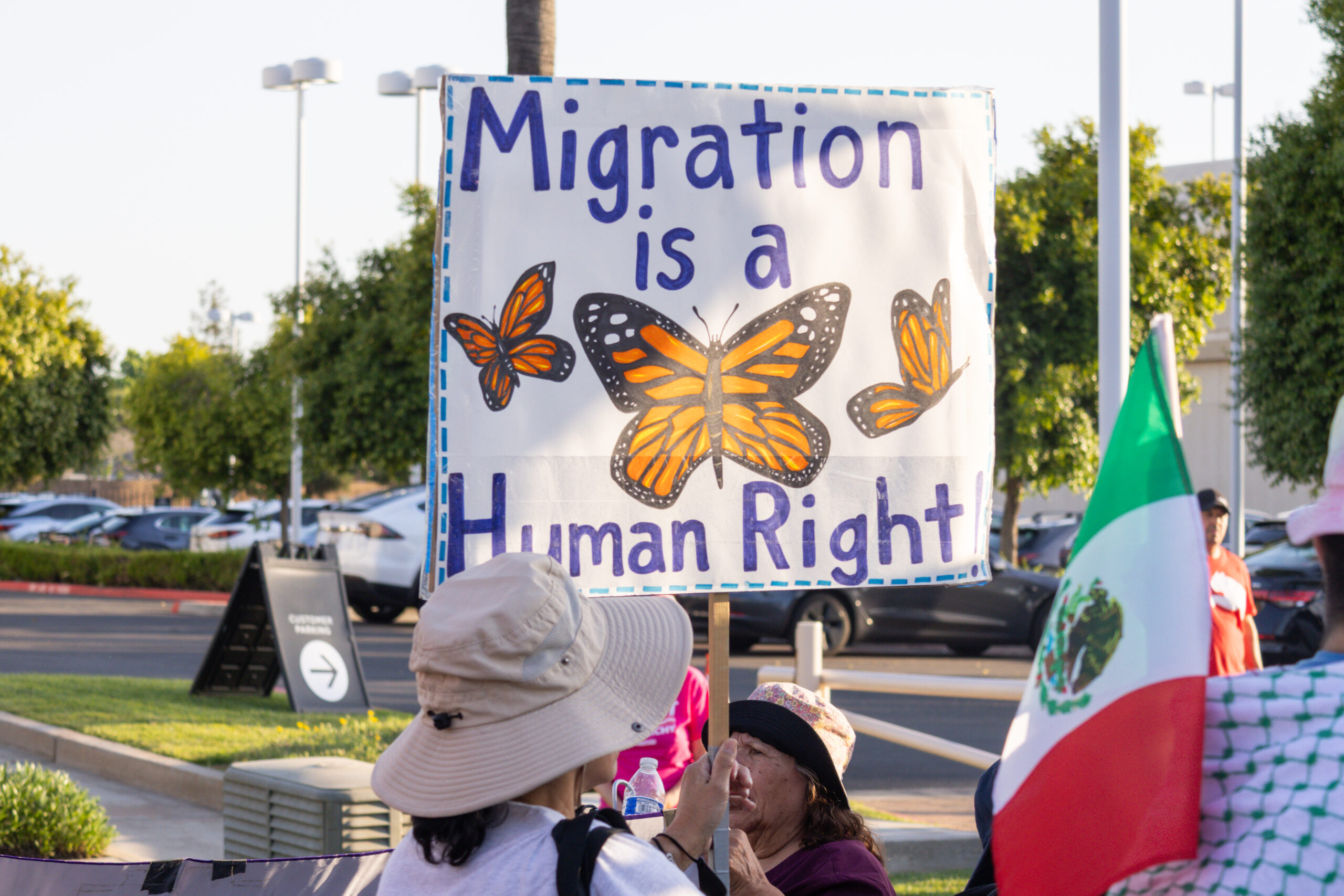 It’s been almost a month since I voted for the first time. I had turned 18 just the month prior. Even before I knew what was on the midterm ballot it had already resonated with me that my vote matters, because that sentiment had been continually echoed by the adult allies in my life.
It’s been almost a month since I voted for the first time. I had turned 18 just the month prior. Even before I knew what was on the midterm ballot it had already resonated with me that my vote matters, because that sentiment had been continually echoed by the adult allies in my life.
I googled and talked with folks about what was on the ballot prior to voting and I knew of the issues that were at stake statewide and locally.
I didn’t submit my ballot weeks prior like others had; I only found it the day before Election Day. I sat down and studied like I had a test the next day.
The belief that “everyone who cares had already voted” made me feel shameful despite knowing my pre-registration from two years ago was not confirmed.
After having gone through a tumultuous process of ensuring my registration to vote was valid, a feeling of empowerment and relief resonated after finally submitting my ballot.
After coming home from work at the end of Election Day, I was on my laptop and one by one the results came pouring in.
The majority of the things I voted for – that I cared so passionately about – had lost.
The feeling was strange as a first-time voter. The taxes and bills that were and weren’t imposed wouldn’t take effect until later on, yet the sight of those numbers on my screen made me unsure of my community. When I saw the long process I went through was all to see the issues I cared about lose, I questioned if my vote had even counted.
I thought of my mother who spent years to be considered an American citizen. I thought of how she and her son, who was a first time voter, had to dissect the ballot together the night before the election. I thought of how she was almost denied the right to vote at the polls the next day because she had a misunderstanding about the ballot instructions.
I thought of members of the community who I had the blessing to interact with. Community members who couldn’t vote because of their citizenship status, but who showed up at every community event. I thought of every door they had shut in their face, pushing for what they knew was right, even if they couldn’t bubble it in on a piece of paper.
I thought my vote didn’t count.
The sacrifice I had seen from community members to push for their beliefs was inspiring. These issues don’t simply go away because an election happened. The push continues for these activists who remain unheard, but impossible to ignore.
Bills and taxes with complex diction need to be understood by the community and shouting at the youth to vote isn’t going to fix all the issue we see. Claiming that younger people are politically unaware shouldn’t even be a valid argument after logging into social media. Guilting younger people to “rock the vote” because some people can’t is pointless.
This is especially so when many younger people aren’t given the opportunity to break down what these bills mean or how to properly take into consideration consequences. The motivation to vote is nullified when the person running for your party’s candidate fails to match your ideals. The generation of technology makes these political issues broadcast in a way that we forget how damaging they are, and it is unavoidable.
As a young adult now, I see that politics are practically unavoidable. It makes sense because these issues on a midterm ballot may not affect you directly, but could damage the community as a whole. Keeping younger people informed is one thing, but putting these situations into perspective is harder to translate.
Almost a month after my first time voting and whether my vote counts or not, the goal is to make the work and sacrifice of my community count.


